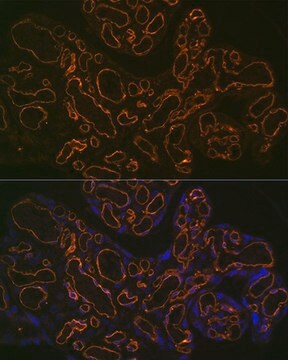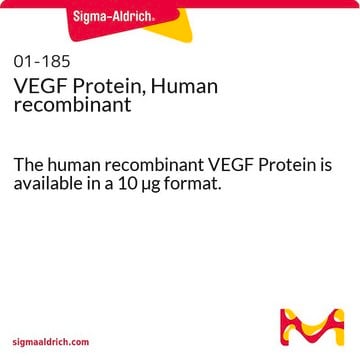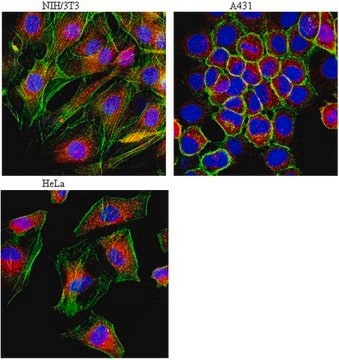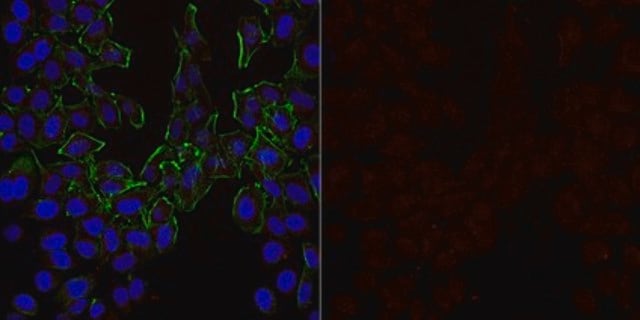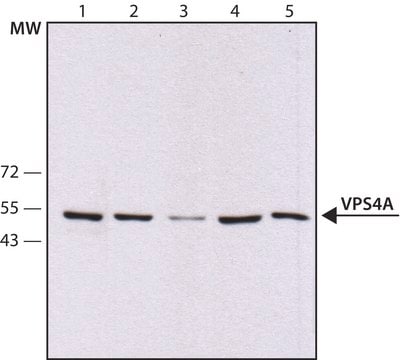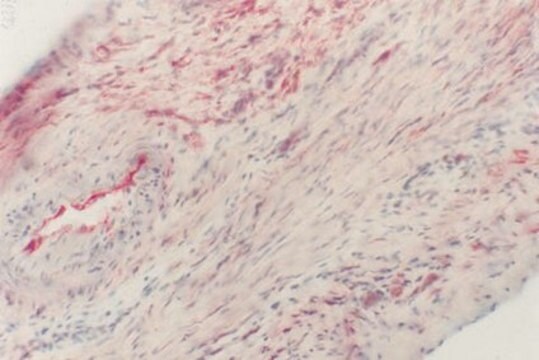WH0001859M1
Monoclonal Anti-DYRK1A antibody produced in mouse
clone 7D10, purified immunoglobulin, buffered aqueous solution
Synonym(s):
Anti-DYRK, Anti-DYRK1, Anti-HP86, Anti-MNB, Anti-MNBH, Anti-dual-specificity tyrosine-(Y)-phosphorylation regulated kinase 1A
About This Item
Recommended Products
biological source
mouse
conjugate
unconjugated
antibody form
purified immunoglobulin
antibody product type
primary antibodies
clone
7D10, monoclonal
form
buffered aqueous solution
species reactivity
mouse
technique(s)
indirect ELISA: suitable
western blot: 1-5 μg/mL
isotype
IgG2bκ
GenBank accession no.
UniProt accession no.
shipped in
dry ice
storage temp.
−20°C
target post-translational modification
unmodified
Gene Information
human ... DYRK1A(1859)
General description
Immunogen
Sequence
NQGNQAYQNRPVAANTLDFGQNGAMDVNLTVYSNPRQETGIAGHPTYQFSANTGPAHYMTEGHLTMRQGADREESPMTGVCVQQSPVASS
Physical form
Legal Information
Disclaimer
Not finding the right product?
Try our Product Selector Tool.
Storage Class Code
10 - Combustible liquids
Flash Point(F)
Not applicable
Flash Point(C)
Not applicable
Personal Protective Equipment
Certificates of Analysis (COA)
Search for Certificates of Analysis (COA) by entering the products Lot/Batch Number. Lot and Batch Numbers can be found on a product’s label following the words ‘Lot’ or ‘Batch’.
Already Own This Product?
Find documentation for the products that you have recently purchased in the Document Library.
Our team of scientists has experience in all areas of research including Life Science, Material Science, Chemical Synthesis, Chromatography, Analytical and many others.
Contact Technical Service

